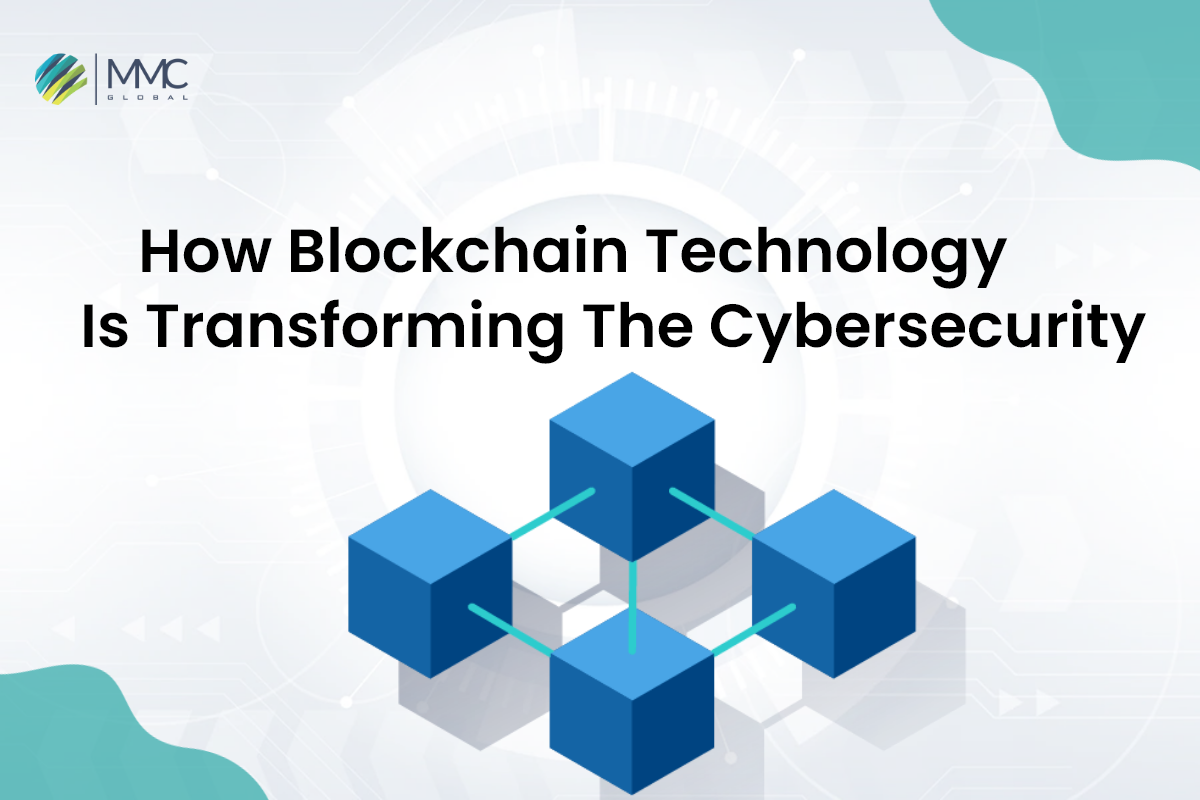The Role of Blockchain Technology in Software Security is an exciting exploration into how this revolutionary technology is reshaping the landscape of digital security. As cyber threats become increasingly sophisticated, the need for robust security measures has never been more critical. Blockchain offers a decentralized and transparent approach to securing software, making it a game changer in protecting sensitive information and ensuring data integrity.
This discussion delves into the intricacies of blockchain technology and its potential to enhance security protocols within various software applications. By enabling immutable records and fostering trust among users, blockchain not only mitigates risks but also empowers organizations to maintain higher standards of security and compliance.
In today’s fast-paced world, technology has become an integral part of our daily lives. From smartphones that connect us with loved ones, to advanced artificial intelligence that assists in various industries, the advancements are astounding. The journey of technology is not just about gadgets and machines; it is about the transformation of our lifestyles, the way we think, and how we interact with each other.
The Evolution of Technology
To understand modern technology, we must first look back at its evolution. The history of technology is rich and complex, beginning with simple tools made from stones and gradually advancing to intricate machinery. The Industrial Revolution marked a significant turning point, introducing mechanization and leading to the mass production of goods. This era laid the groundwork for the technological landscape we navigate today.
As we transitioned into the 20th century, the invention of the computer revolutionized various fields, including communication, research, and entertainment. The internet, emerging in the late 20th century, further transformed how we access information and connect globally. Today, we find ourselves in an age where the boundaries between physical and digital existence are increasingly blurred.
The Role of Artificial Intelligence
One of the most significant advancements in recent years is the rise of artificial intelligence (AI). AI has permeated various sectors, from healthcare to finance, helping to streamline operations and improve decision-making processes. For instance, in healthcare, AI algorithms assist doctors in diagnosing diseases more accurately by analyzing medical images with precision.
Moreover, AI-driven chatbots are reshaping customer service, providing 24/7 assistance and enhancing user experiences. As AI continues to evolve, it raises important questions about ethics, privacy, and the potential for job displacement. Balancing innovation with responsible practices is crucial for harnessing AI’s benefits while mitigating its risks.
The Impact of Social Media
Social media platforms have undeniably changed how we communicate and share information. They provide a space for individuals to express their thoughts and connect with a global audience. However, the influence of social media goes beyond personal connections; it plays a significant role in shaping public opinion and driving social movements.
While social media can foster community and support, it also poses challenges such as misinformation and online harassment. As users, it is essential to navigate these platforms mindfully and critically, recognizing the impact of our digital footprints. Social media literacy has become a necessary skill in today’s digital age.

Technology and Education: The Role Of Blockchain Technology In Software Security
The integration of technology in education has transformed traditional learning environments. Online courses, interactive software, and educational apps have made learning more accessible and engaging. Students can now explore subjects at their own pace, benefiting from a wealth of online resources.
However, as we embrace technology in education, we must also address the digital divide. Not all students have equal access to devices and the internet, which can hinder their learning experiences. Ensuring equitable access to technology is vital for fostering inclusive education.
Environmental Considerations
As we advance technologically, it is essential to consider the environmental impact of our innovations. The production and disposal of electronic devices contribute to pollution and resource depletion. Advances in sustainable technology, such as renewable energy sources and eco-friendly materials, are becoming increasingly crucial in mitigating our environmental footprint.
Additionally, technology can aid in environmental conservation efforts. For example, drones are being used to monitor wildlife and assess ecological changes, while smart sensors help track pollution levels in real-time. By leveraging technology responsibly, we can work towards a more sustainable future.
Conclusion
Modern technology is a double-edged sword, offering numerous benefits while also presenting challenges that we must navigate thoughtfully. As we continue to embrace innovation, it is essential to consider the ethical implications and strive for solutions that promote equity, sustainability, and positive social impact. The future of technology holds incredible potential, and it is up to us to shape its trajectory for the betterment of society.


